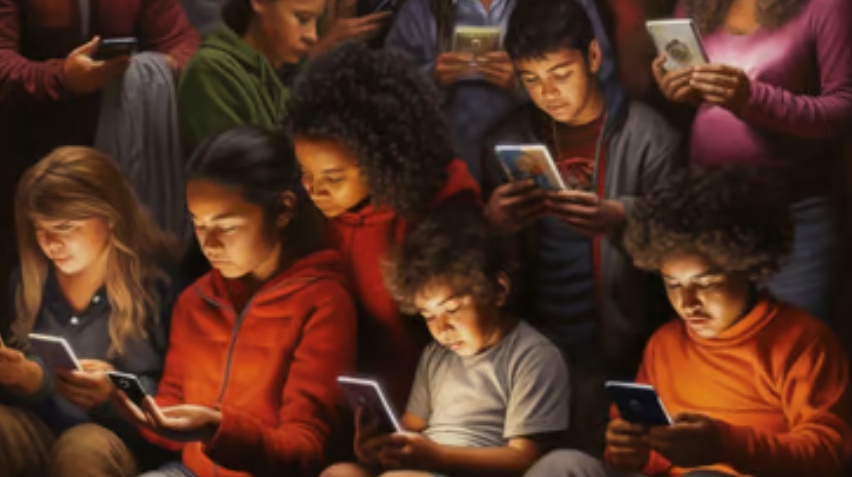Title: The Impact of Book Clubs in the Digital Age: Fostering Connection and Literacy in a Virtual World
Introduction:
In an era where digital technology has reshaped many aspects of our lives, book clubs have not only survived but thrived. These communities of readers have adapted to the digital age, leveraging technology to enhance their discussions, broaden their reach, and deepen their engagement with literature. This article explores the impact of book clubs in the digital age, examining how they have evolved and the role they play in fostering connection, promoting literacy, and enriching the reading experience.
The Evolution of Book Clubs:
Traditionally, book clubs were gatherings of friends or community members who met in person to discuss a shared book. With the rise of digital technology, book clubs have expanded beyond physical boundaries. Online platforms, social media, and virtual meeting spaces have enabled the formation of book clubs that span across cities, countries, and even continents.
Enhancing Connectivity and Inclusivity:
One of the most significant impacts of the digital age on book clubs is the increased connectivity and inclusivity. Digital book clubs can accommodate members from diverse backgrounds and with varying schedules, making it easier for people to participate regardless of their location or time zone. This has led to a more diverse range of voices and perspectives in book discussions, enriching the dialogue and fostering a more inclusive literary community.
The Role of Social Media:
Social media platforms have become integral to the modern book club experience. They provide a space for book clubs to share recommendations, discuss readings, and engage with a broader audience. Platforms like Facebook, Twitter, and Instagram allow book clubs to create a public presence, connect with authors, and participate in larger literary conversations.
Virtual Meeting Spaces:
The advent of virtual meeting platforms, such as Zoom, Google Meet, and Microsoft Teams, has made it possible for book clubs to hold meetings without the need for physical presence. This has been particularly beneficial during times of social distancing and has allowed book clubs to continue their activities uninterrupted. Virtual meetings also offer features like breakout rooms, which can facilitate smaller group discussions and enhance the interactive nature of book club meetings.
E-Books and Digital Resources:
The availability of e-books and digital resources has transformed the way book clubs operate. Members can easily access and share digital copies of books, reducing the need for physical copies and making it more convenient to participate in book club discussions. Additionally, digital resources such as online annotations, summaries, and critical essays can supplement discussions and provide members with a deeper understanding of the texts.
Promoting Literacy and Lifelong Learning:
Book clubs play a vital role in promoting literacy and fostering a love for reading. In the digital age, this role has expanded as book clubs can now reach a wider audience and offer resources that support reading and learning. They provide a platform for readers to engage with literature critically, discuss different interpretations, and explore new genres and authors.
Challenges and Considerations:
While the digital age has brought many benefits to book clubs, it also presents challenges. Issues such as digital divide, where not everyone has equal access to technology, can limit the inclusivity of digital book clubs. Additionally, the abundance of digital distractions can sometimes detract from the focus and depth of book club discussions.
Conclusion:
The impact of book clubs in the digital age is profound and multifaceted. They have adapted to the changing landscape, using technology to enhance connectivity, inclusivity, and engagement with literature. Digital book clubs have become a powerful tool for promoting literacy, fostering a sense of community, and enriching the reading experience. As technology continues to evolve, it is likely that book clubs will continue to innovate and play a vital role in the literary landscape, ensuring that the joy of reading and the value of shared literary experiences endure in the digital age.
